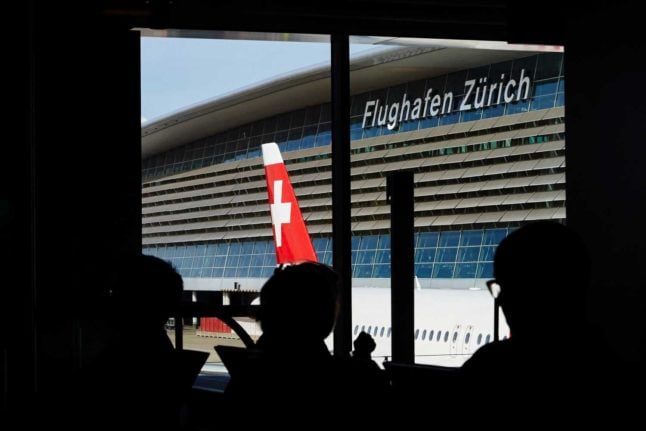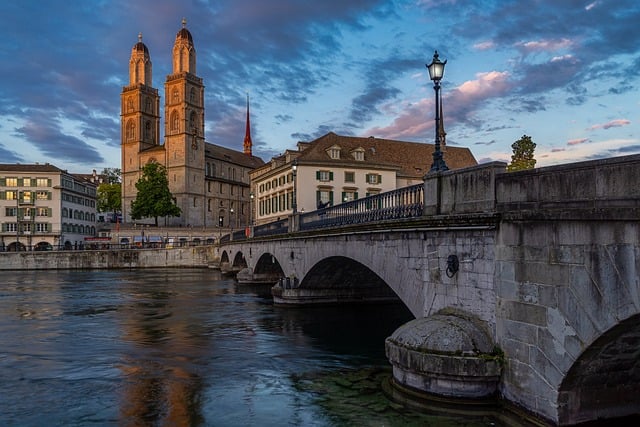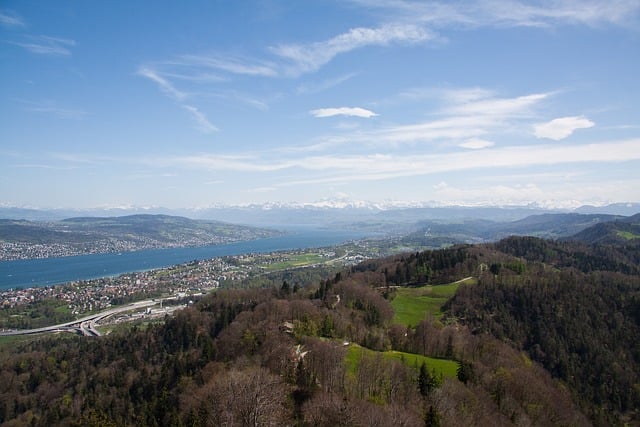It is around a year since the pandemic broke out and Switzerland put in place extensive rules for travel.
While an Easter getaway may have been easy in the past, these days it can be a difficult undertaking – particularly if you want to be sure to avoid quarantine.
UPDATED: What are Switzerland’s travel and quarantine rules?
According to the latest list from Swiss authorities however, there are some destinations where you could take a short break over the Easter period – without having to quarantine.
The following are just some examples of holiday destinations where Swiss residents can go – it is not an extensive list.
For the complete list, please click the following link.
READ MORE: Which countries are currently on Switzerland’s quarantine list?
Spain and Portugal
Spain and Portugal – including the islands – have been removed from Switzerland’s quarantine list since March 11th.
Despite talk in Germany that travellers should be restricted from going to the tourist island of Majorca, there are no current restrictions in place other than testing requirements.
READ MORE: Swiss holiday demand surges as Spain and Portugal removed from quarantine list
Swiss tour operators have noted demand is on the increase for trips to the island, however it is less attractive than usual because of harsh restrictions put in place by the Spanish government.
Unlike in previous years where the island was known for its hedonistic debauchery, Majorca in the spring of 2021 is far more tame.
In addition to a 10pm curfew, bars on the island need to close at 5pm and can only serve people outside.
A maximum of six people from two households can meet outside.
More information on the rules is available here.
Egypt
Another option for Swiss sun seekers is Egypt, where there are almost zero restrictions.
Anyone flying to Egypt will need to have a negative PCR test in both directions, but no quarantine rules are in place.
Turkey
Currently, entry into Turkey from Switzerland is possible – with travellers not having to quarantine on their return to Switzerland.
There is a curfew in place from 10pm, however it does not apply to tourists and foreigners.
A PCR test will be required on your trip back to Switzerland.
PLEASE NOTE: As of April 19th, Turkey has been placed on Switzerland’s mandatory quarantine list. More information is available here.
Caribbean and Central America
Several well-known tourist destinations in Central America and the Caribbean remain open to tourists with few if any restrictions.
Mexico, Costa Rica and the Dominican Republic, for instance, are open to travel and will not require anyone to quarantine when coming back.
Switzerland
While residents of Switzerland have usually flocked to international destinations, holidays at home have become more attractive these days.
READ MORE: Which of Switzerland’s neighbouring countries can you enter – and what are the rules?
Unlike in several other European countries, in Switzerland hotels and camping sites are open across the country.
Whether a hotel or camping site will be open will depend on the cantonal authorities, so be sure to check before making a trip.
In addition, with quarantine requirements in place for arrivals from much of the world, tourist sites in Switzerland can be expected to be a lot less busy than they otherwise might be – making it a perfect time to check out your own backyard.
Note: As with all of our covid-related reports, please remember that these are intended as a guide only. Please be sure to check with official government sources before planning your trip.




 Please whitelist us to continue reading.
Please whitelist us to continue reading.
Member comments